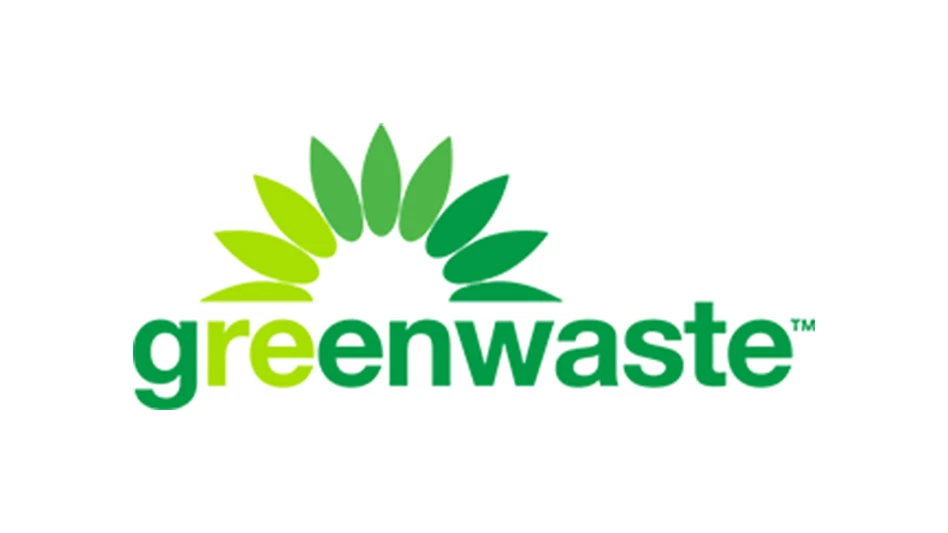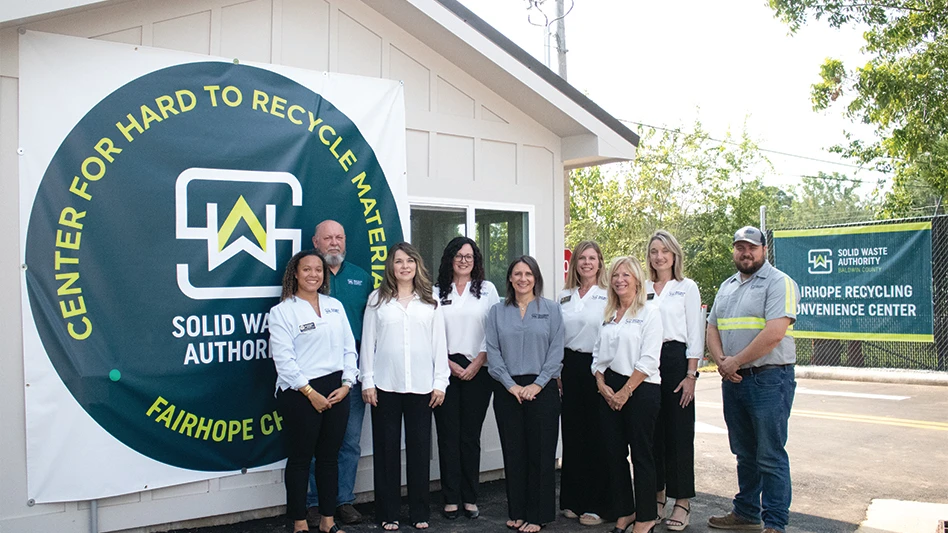
Shutterstock
The Institute of Scrap Recycling Industries (ISRI), Washington, has updated its position on minimum recycled plastic content. The association says its new position encourages efforts that will help spur demand for recycled plastics. ISRI says its position also aims to increase the commitment by stakeholders throughout the supply chain to ensure plastics are responsibly manufactured, collected and recycled into new products.
The association’s position on minimum recycled plastic content supports:
- legislation that expands the use of recycled plastic in applications that are appropriate, noting these levels will vary by application and type of plastic;
- efforts by manufacturers and brand owners to increase the use of recycled plastic resin beyond legislated levels and applications when possible;
- manufacturers incorporating the principles of Design for Recycling to ensure their products are easily recycled;
- stakeholder efforts that seek to increase plastic recycling through public education, outreach and advocacy to meet growing demand for recycled plastic; and
- efforts that look at the life cycle assessment of a plastic product to help manufacturers make informed choices on the inclusion of recycled plastic resin.
According to a news release from ISRI, the association’s updated position on recycled content in plastic content aligns with its Design for Recycling principles, which encourage manufacturers to consider the ultimate destiny of their products during the design stage of development.
“Plastics are a diverse, versatile group of materials that are used in nearly all aspects of daily life, from life-saving medical supplies to light-weight food packaging,” ISRI says. “However, despite the benefits plastics offer, many remained concerned about high levels of plastic waste entering the natural environment. To avoid further environmental harm, it is imperative that all plastics be handled responsibly at end of life.”
Get curated news on YOUR industry.
Enter your email to receive our newsletters.
Latest from Recycling Today
- Dow, Mura Technology cancel chemical recycling plant in Germany
- Brightmark, Lewis Salvage partnership processes 1M pounds of medical plastics
- US paper recycling rate, exports down in '24
- Century Aluminum to restart idled production at South Carolina smelter
- Teaching kids the value of recycling
- ELV Select Equipment, Reworld aid NYPD in secure firearm disposal
- Some observers fear plastics treaty talks veering off course
- Advanced Polymer Recycling acquires TKO Polymers





